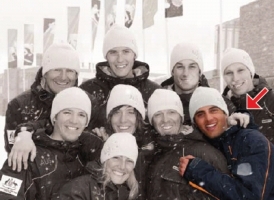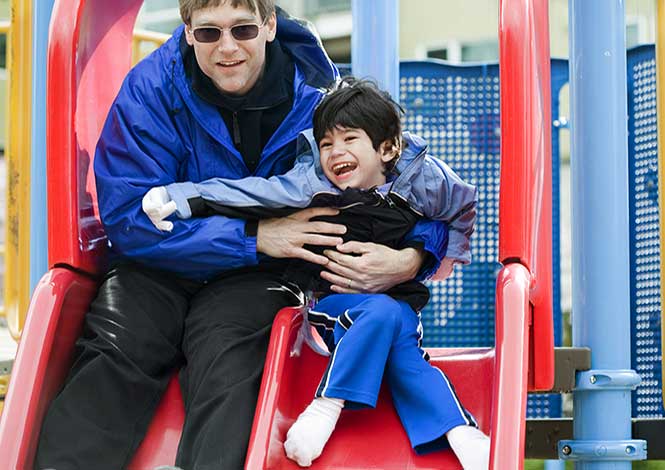Skier Conquers Hill
01, January 0001

Representing your country in any way is an honour few of us have experienced.
Australian skier Dean Calabrese did just that when he competed at the Paralympics in Torino, Italy.
At the ripe old age of 15, Dean Calabrese discovered the world of skiing and he has barely taken his skis off since.
Raised in the Sydney suburb of Kellyville, an area not renowned for its snowfall, Dean has since become one of Australia’s most promising winter sport athletes.
Dean has hemiplegic cerebral palsy, a physical condition that affects movement – not intellect.
As a professional skier, Dean’s life is literally a balancing act as he juggles training schedules, home life and university, where he is in his third year of a Bachelor of Physical Education degree.
Armed with an attitude of ‘there’s no such thing as short cuts’ and a supportive network of family and friends, Dean has spent the last few years training and competing overseas in Canada and Europe, with one objective – to compete at the 2006 Paralympics in Torino, Italy, which he did when aged 20.
“It was so overwhelming to be there, especially in the tunnel before you walk out and when you do, it’s a massive buzz and you feel such a great sense of pride representing your country and flag,” he said.
For elite athletes like Dean, the Paralympics is one of the few events where they can enjoy the same level of fervour and media coverage as their able-bodied counterparts. Whilst it’s every athlete’s holy grail to represent his or her country against the best the world has to offer, it’s a sad reality that outside the Paralympics many athletes with disabilities are struggling for sponsorship and recognition. As Dean says: “No other competition has that same level of interest and public awareness.
We’re not asking for a big rap, just recognition. We’re athletes and we should be given the same amount of acknowledgement.” Dean cites Michael Milton’s recent recordbreaking downhill ski in France as the perfect example of the inequality. Having scooted downhill at a speed of 213.65km per hour, Milton earned the title of the world’s fastest disabled skier as well as the fastest skier in Australia, including able-bodied skiers.
Although media support is certainly a lot better now than in previous years, some sports editors are still reticent to place a story about a successful disabled athlete on the premium back page.
It is evident that there’s still a long way to go when it comes to changing community attitudes.
Torino 2006 saw the introduction of a new classification system for the Paralympics (the system has been in place for the World Cup for several years) where instead of 14 categories with approximately 12 athletes in each, athletes now compete in one of three categories - blind, standing and sitting – with up to 100 competitors in each.
The standing class, in which Dean competed, now includes anyone who can stand. So, instead of competing against skiers who are ‘fairly matched’ in disability, Dean – whose CP affects the entire right side of his body - was competing against more than 100 competitors, many of whom had only one arm but two very good legs.
Australian Winter Paralympian coach Steve Graham believes the classification system now in place at the Paralympics greatly reduced our medal haul by as much as 70%.
Graham, who for the past 10 years was heavily involved in the lobbying against the three-class classification system, describes the system as unfair. “We have three of the best 5 or 6 skiers in the world in the standing class and in the old system we would’ve won 8 or 10 medals.
The new system definitely affected the Australian team achieving its medal goals.”
For the time being, it looks as though the bureaucrats, not the athletes and coaches, have won out. However, in light of the results from Torino, it is inevitable that more alterations will be made to the classification system, but it’s going to take the concerted efforts of all nations, not just a few, to ensure these changes are enforced.
The Australian team still managed to tie with skiing giant Switzerland for 8th place in Alpine Skiing (out of 40 competing nations) and overall in 13th position on the medal table.
With a fairer system in place and a highly experienced and competitive team, Graham is quietly confident that we’ll be seeing more Australians on the podium at the next Paralympics in Vancouver in 2010.
Not a bad effort for a nation where swimming togs, not skis, are the preferred dress code.

